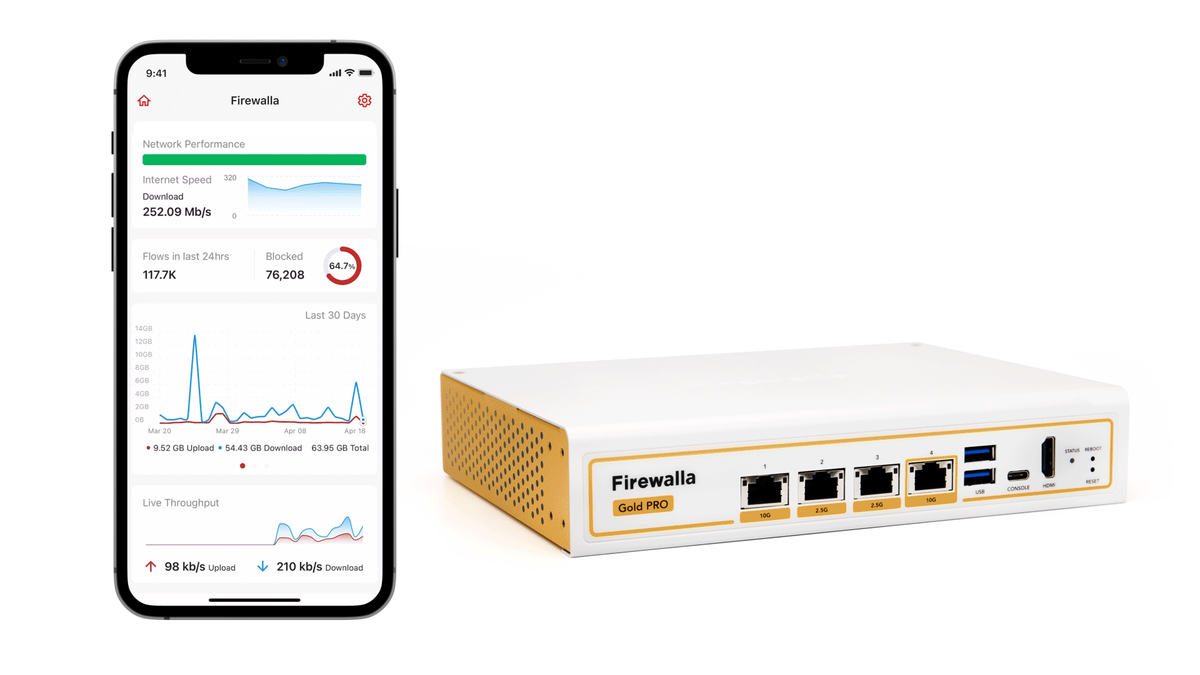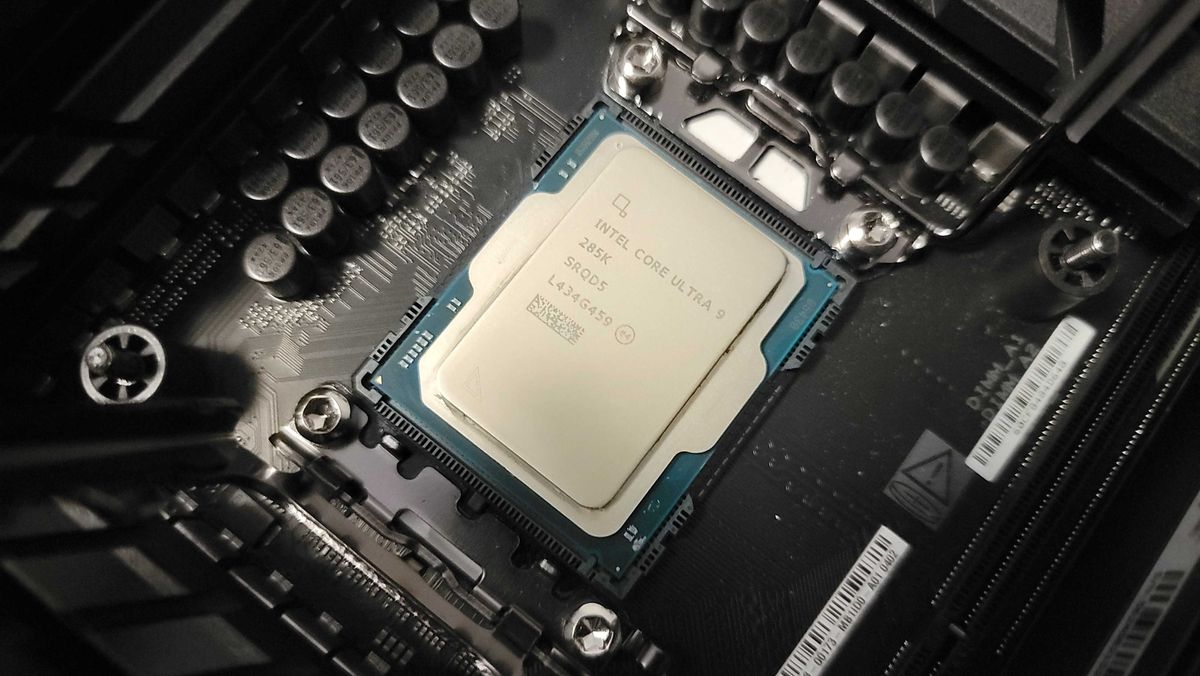Amid Israeli airstrikes this week and the imminent threat of further escalations by the United States, Iran started severely limiting internet connectivity for its citizens, limiting Iranians' access to crucial information and intentionally pushing them toward domestic apps that may not be secure. Meanwhile, the Israel-tied hacking group known as Predatory Sparrow is waging cyberwar on Iran’s financial system, attacking Iran’s Sepah Bank and destroying more than $90 million in cryptocurrency held by the Iranian crypto exchange Nobitex.
With the US still reeling from last weekend's violent shooting spree in Minnesota targeting Democratic state lawmakers and their families, an FBI affidavit indicates that the suspected shooter allegedly used data broker sites to find targets’ addresses and potentially other personal information about them. The finding highlights the potential dangers of widely available personal data.
This week, WIRED published its How to Win a Fight package, which includes our roundup of tools for tracking the Trump administration’s attacks on civil liberties, plus the most up-to-date versions of our guides to protecting yourself from government surveillance, protesting safely in the age of surveillance, and protecting yourself from phone searches at the US Border. While you're at it, don't forget to print your own copy of the How to Win a Fight zine! Better yet, print two and leave one at your local coffee shop or library.
And there's more. Each week, we round up the security and privacy news we didn’t cover in depth ourselves. Click the headlines to read the full stories. And stay safe out there.
Israel Reports That Iran Is Hacking Security Cameras for Spying
Israeli officials said this week that Iran is compromising private security cameras around Israel to conduct espionage as the two countries exchange missile strikes after an initial Israeli barrage. A former Israeli cybersecurity official warned on public radio this week that Israelis should confirm that their home security cameras are protected by strong passwords or shut them down. “We know that in the past two or three days, the Iranians have been trying to connect to cameras to understand what happened and where their missiles hit to improve their precision,” Refael Franco, the former deputy director general of the Israel National Cyber Directorate, said. Like many internet-of-things devices, surveillance cameras are notoriously vulnerable to takeover if they are not secured with strong account protections. They have previously been targeted in other conflicts for intelligence gathering.
Ukrainian Hack Reportedly Caused Comms Blackouts, Data Deletion in Russia
The Kyiv Post reported this week that hackers from Ukraine’s Main Intelligence Directorate (HUR) launched a cyberattack against Russian internet service provider Orion Telecom that disabled 370 servers, took down roughly 500 network switches, and wiped backup systems to hinder recovery. The attacks reportedly caused internet and television outages. Orion Telecom reportedly said that it was recovering from a large DDoS attack and would quickly restore service. The attack came on June 12, the national holiday known as Russia Day. “Happy holiday, disrespectful Russians," the attackers wrote in a message circulated on Telegram groups. "Soon you’ll be living in the Stone Age—and we’ll help you get there. Glory to Ukraine.” The attackers claim to be part of Ukraine's BO Team hacking group. Sources told the Kyiv Post that Russian security agencies working on the country's war against Ukraine use Orion Telecom and were affected by the connectivity outages.
Viasat ID’ed as Another Victim in China’s Salt Typhoon Telecom Hacking Spree
Bloomberg reported this week that the satellite communication firm Viasat discovered a breach earlier this year perpetrated by China's Salt Typhoon espionage-focused hacking group. In early December, US authorities revealed that Salt Typhoon hackers had embedded themselves in major US telecoms, including AT&T and Verizon. After revelations last year of the group's extensive telecom hacking spree in the US and elsewhere, WIRED reported in February that Salt Typhoon was still actively breaching new victims. Viasat says it has been cooperating with federal authorities to investigate its breach.
23andMe Hit With UK Fine Over 2023 Data Breach
The United Kingdom's Information Commissioner’s Office (ICO) said this week that it issued a £2.31 million ($3.1 million) fine to the beleaguered genetic testing company 23andMe as a result of the company's damaging 2023 data breach. Attackers were able to access user accounts and their data using stolen login credentials, because at the time 23andMe did not require that users set up two-factor authentication, which the ICO says violated the UK's data protection law. The company has since mandated this protection for all users. More than 155,000 UK residents had their data stolen in the breach, according to the ICO, which said that 23andMe “did not have additional verification steps for users to access and download their raw genetic data” when the breach occurred.

 2 months ago
224
2 months ago
224








 English (US) ·
English (US) ·